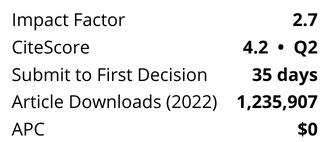The need to improve the Fenton process, which is one of the leachate treatment trains at Metropolitan Landfill in Korea was raised. This study was intended to compare the Fenton reaction with coagulation in removing landfill leachate organics of specific size. The organics fractionated by ultrafiltration and measured by TOC, were selected for evaluating the characteristics of the removal of organics. From this study it was found that the organic removal pattern in the Fenton reaction was quite similar to coagulation. Both reactions removed large leachate organics more readily and selectively. For example, coagulation removed 59~73% of organics larger than molecular weight (MW) of 500 and only up to 18% of organics less than MW of 500. On the other hand, the Fenton process removed 72-89% of organics larger than MW of 500 and only up to 43% of organics less than MW of 500. It was interpreted that the coagulation step in the Fenton process had a primary role in selective removal of leachate organics, though the Fenton reaction is not coagulation. However, since the efficiency of organic removal in the Fenton reaction was higher than coagulation, the Fenton process in Metropolitan Landfill leachate treatment process may be called “a type of enhanced coagulation”.
Skip Nav Destination
Article navigation
Research Article|
July 01 1998
The characteristics of coagulation of fenton reaction in the removal of landfill leachate organics
Water Sci Technol (1998) 38 (2): 209–214.
Citation
J. Yoon, S. Cho, Y. Cho, S. Kim; The characteristics of coagulation of fenton reaction in the removal of landfill leachate organics. Water Sci Technol 1 July 1998; 38 (2): 209–214. doi: https://doi.org/10.2166/wst.1998.0141
Download citation file:
Sign in
Don't already have an account? Register
Client Account
You could not be signed in. Please check your email address / username and password and try again.
Could not validate captcha. Please try again.
eBook
Pay-Per-View Access
$38.00




%20cropped.png?versionId=5945)